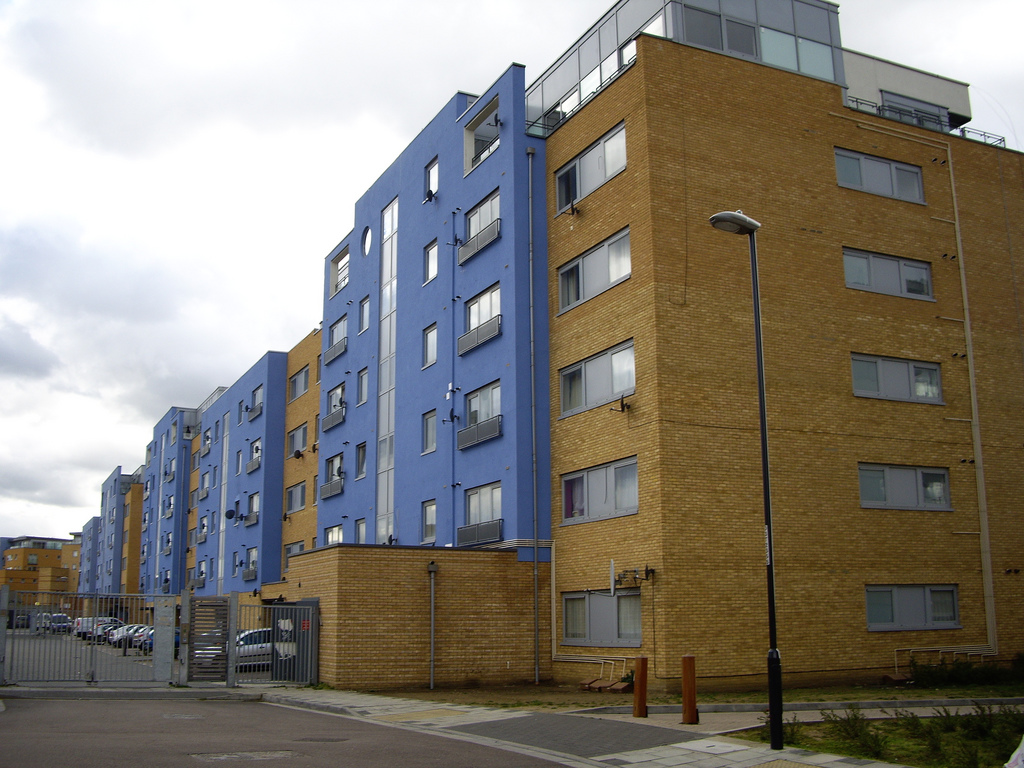
More Housing Help Needed For Londoners On Middle Incomes
When it comes to housing, we talk a lot about social rent and its replacement, ‘affordable’ rent. But what we don’t talk that much about is what’s known as ‘intermediate housing’ — like shared ownership and intermediate rent.
There may be a reason for this, and that’s because intermediate housing (that’s 80% of the local market rate, paid for without housing benefit, available to households with an income of less than £71k a year, or £85k a year for larger properties) accounts for less than 2% of London’s housing stock.
A new report from Centre for London argues that we need to do more to help people on low-to-middle incomes. Around 44% of London households have a gross annual income between £25k and £71k — though there are some other factors needed to qualify.
The need is brought home by some illustrative examples: when a hospital doctor wanting a flat won’t be able to afford to buy in Haringey by 2016 if the market carries on like it is, something has to be done. We used to call these kinds of middle earners ‘key workers’ but the term could really apply to a shop assistant, chef or lawyer as much as a teacher or firefighter. What’s clear is that while there’s a focus on housing for those at the bottom, and those at the top don’t need help from anyone, the middle of London is on the way to being hollowed out.
Solutions suggested by the report include better planning policy; devolving Help to Buy funds to the Greater London Authority which can decide where best to spend the money; and more flexible rent policies from councils to cover (relatively) higher earners. Centre for London also suggests a larger role for employers, many of whom are worried that the high cost of housing is making it harder for them to recruit and keep staff.


If you have any comments, please email the author of this article and click on the link above